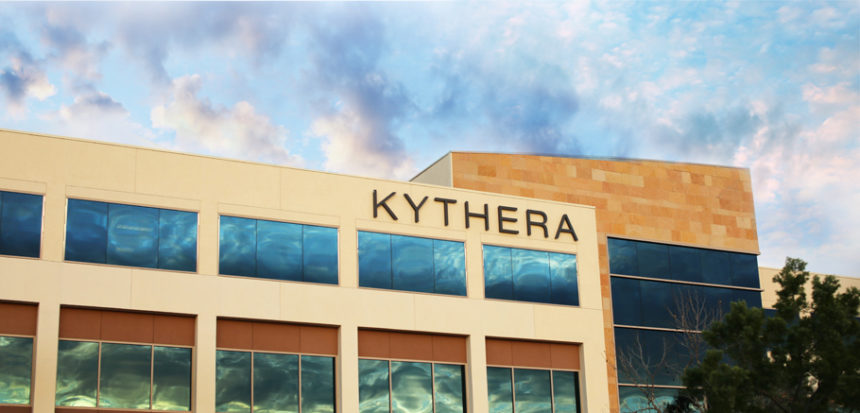Allergan announced it will buy Kythera Biopharmaceuticals in a deal worth $2.1 billion. Kythera recently received FDA approval for its double-chin cosmetic treatment, Kybella, the only non-surgical treatment to reduce fat under the chin. Actavis, which closed its acquisition of Allergan in March, assumed the name Allergan earlier this week. In January Actavis CEO Brent Saunders told Forbes that acquiring assets from biotechs, rather than discovering them, was part of a larger commercial strategy that he dubs “growth pharma.”
Valeant is reportedly in advanced talks to acquire Egyptian drugmaker Amoun Pharmaceutical Company, according to unnamed sources cited by Bloomberg Business. Amoun is one of the biggest drugmakers in Egypt, valued at $800 million, and manufactures both human and animal health medicines. Valeant acquired Salix Pharmaceuticals for $11.1 billion in February.
A new report from market intelligence firm EvaluatePharma concludes that worldwide prescription drug sales could reach almost $1 trillion by 2020. The report estimates that US drug sales would lead the growth, growing by 8.9%, followed by the European market, which is expected to grow by 2.4%.
Generic forms of ADHD drug Concerta manufactured by Mallinckrodt Pharmaceuticals and UCB are not considered equivalent to the branded version, but the FDA allows the drug to continue to be sold, according to The New York Times. The FDA gave both drugmakers six months to prove the equivalence of their drugs or remove them from pharmacy shelves. The two generics reportedly hold about 30% of the market. The FDA said the drugs wear off much more quickly than the branded version—seven hours compared to an entire day for the once-daily pill. UCB submitted information last week that will show its equivalence to Concerta, while Mallinckrodt is challenging the FDA’s decision in court. Both companies have no plans to withdraw their products from the market.
GlaxoSmithKline is creating a non-profit independent research institute, dubbed Altius Institute for Biomedical Sciences, to understand how genes are controlled and cells function. The British drugmaker will pony up more than $95 million to fund the institute over a five-year period. GSK and Altius signed a 10-year collaboration agreement, which gives the drugmaker exclusive rights to any of the institute’s discoveries.








